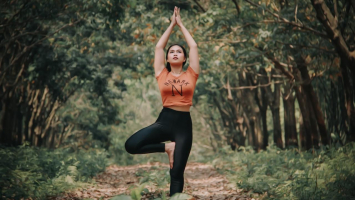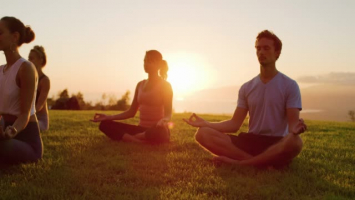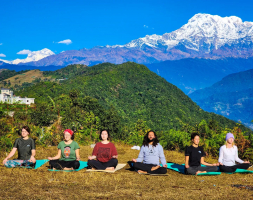Top 4 Four Paths to Holistic Yoga
"The practice of Yoga leads to a connection with the Lord," Swami Sivananda said. Regardless of the beginning place, the end result is the same." Karma Yoga, ... read more...Bhakti Yoga, Raja Yoga, and Jnana Yoga are the four major directions that yoga takes. These four pathways are similar to tree branches or river streams. They all come from the same location and rest in the same area. They are all, in essence, the same. The only thing that distinguishes them is that each path or practice involves a particular component of the mind. The active aspect of the mind is involved in Karma Yoga; the emotional aspect is involved in Bhakti Yoga; the mystical aspect is involved in Raja Yoga, and the intellectual aspect is involved in Jnana Yoga. Let's find out more about the four paths to holistic yoga.
-
Karma yoga is the path of altruistic service, and it is the yoga of action.
Karma Yoga is the discipline of doing good deeds without expecting anything in return, hence foregoing the benefits of the activity.
By acting selflessly, a Karma yogi sublimates the ego, cleanses the heart, and realizes oneness with all beings.
Karma Yoga can be done anywhere, at any time, as long as there is a desire to help others. It is determined by one's attitude rather than one's actions.
Staff and visitors at ashrams and centers can engage in Karma Yoga by assisting with tasks such as teaching, cooking, serving food, cleaning, and so on. It facilitates guests' and students' integration into the center's community and application of the lessons.

Sanatan Society 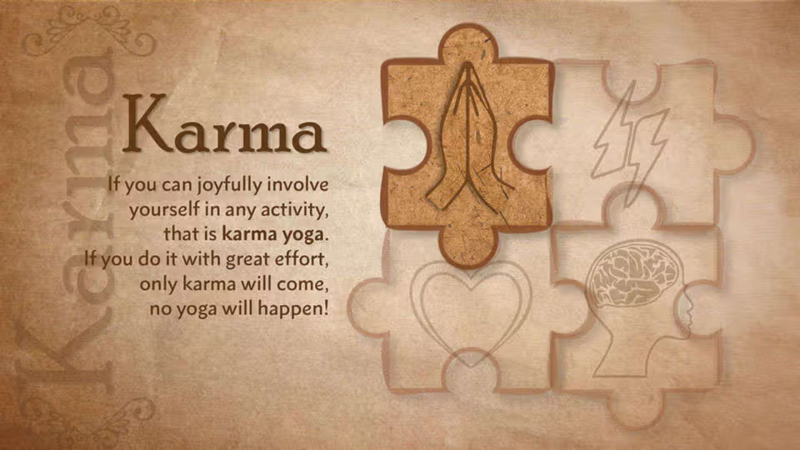
isha.sadhguru.org -
Bhakti refers to yoga's devotional approach, which is based on pure love.
In order to realize the highest Truth, one must devote oneself to God. Aspirants channel their emotions into devotion, cultivating humility, self-surrender, and a sense of being a tool in God's hands.
Praying, chanting, Japa (repeating a mantra or name of the Divine), and engaging in ceremonies and rituals are all examples of Bhakti Yoga.
In order to create a relationship with the Divine, aspirants choose a means through which to express their devotion.
Bhakti Yoga is done at centers in the tradition of Gurus, based on Hindu culture, through kirtan (chanting the names of the Divine), ceremonies, prayers, rituals, festivals, and service to the Gurus.
People follow the idea "Names are numerous, but God is one" at centers and ashrams. "There are numerous religions, but there is only one Truth," he says, honoring all religions and all manifestations of the Divine.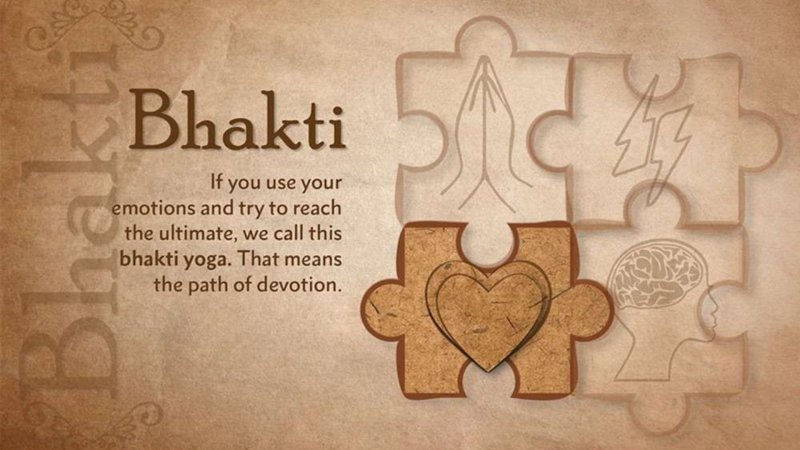
Isha Foundation 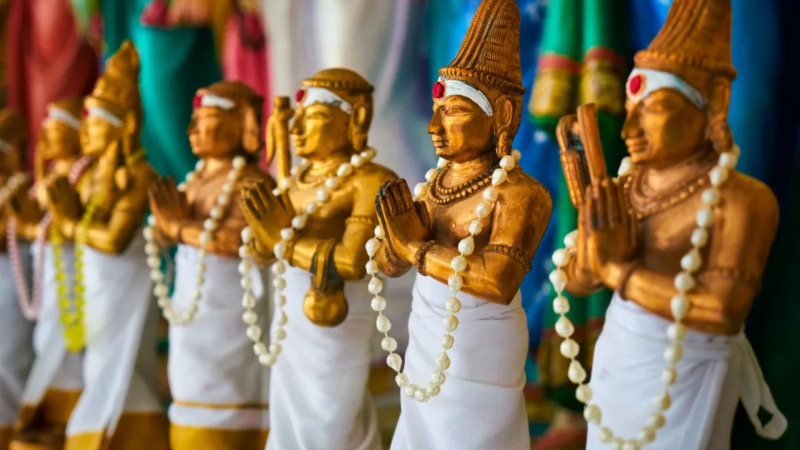
Yoga Basics -
“Meditation is the royal road to the attainment of freedom, a mysterious ladder that reaches from earth to heaven, darkness to light, mortality to immortality.” - Swami Sivananda, on Raja Yoga.
This is the yoga method of mind control, which is scientific and step-by-step.
The mind is carefully evaluated and various strategies are utilized to bring it under control in the practice of Rāja Yoga.
Physical and mental energy are transformed into spiritual energy through this procedure.
Raja Yoga incorporates Hatha Yoga (yoga postures, cleansing procedures, and breathing exercises), as well as meditation and other practices that aid in the control of the body, mind, and senses.
Raja Yoga also incorporates Patanjali Maharishi's Ashtanga Yoga (eight limbs), which leads to complete mind mastery.
People practice Hatha Yoga and meditation in numerous ashrams and centers to follow Raja Yoga.

Yoga Club Vietnam 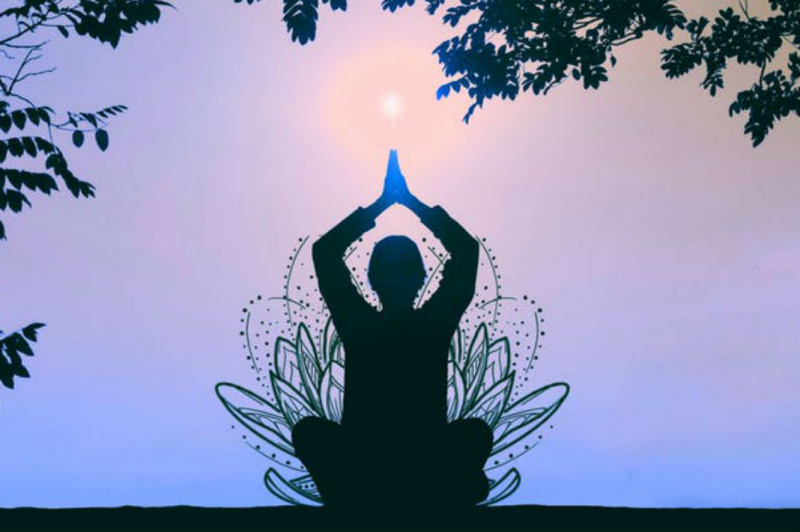
Seattle Yoga News -
"It is the path of knowledge. Moksha is attained through the Knowledge of Brahman. The release is achieved through realization of the identity of the individual soul with the Supreme Soul or Brahman.” - Swami Sivananda, on Jñāna Yoga.
This is the yoga of knowledge or the philosophical approach to yoga.
Jnana yoga is the most direct of the four pathways, focusing on spiritual progress through intellectual investigation.
It is exemplified by:- Shravana – listening to the teachings of the guru or study of the scriptures such as Vedas
- Manana – reflection on the teachings
- Nididhyāsana – a meditation on the nature of truth
A jñāna yogi utilizes proper inquiry (vicra) and persistent self-analysis (vivekā) to investigate the mind's own nature.
Students and visitors to our centers are exposed to Jñāna Yoga through lectures and seminars on a variety of issues relating to yoga philosophy, as well as the study of spiritual writings and Gurus' teachings.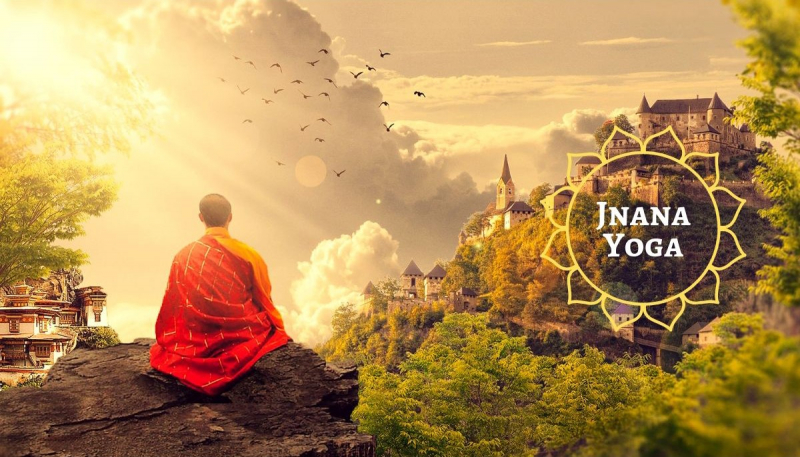
Jnana Yoga 
Bookmetickets.com






